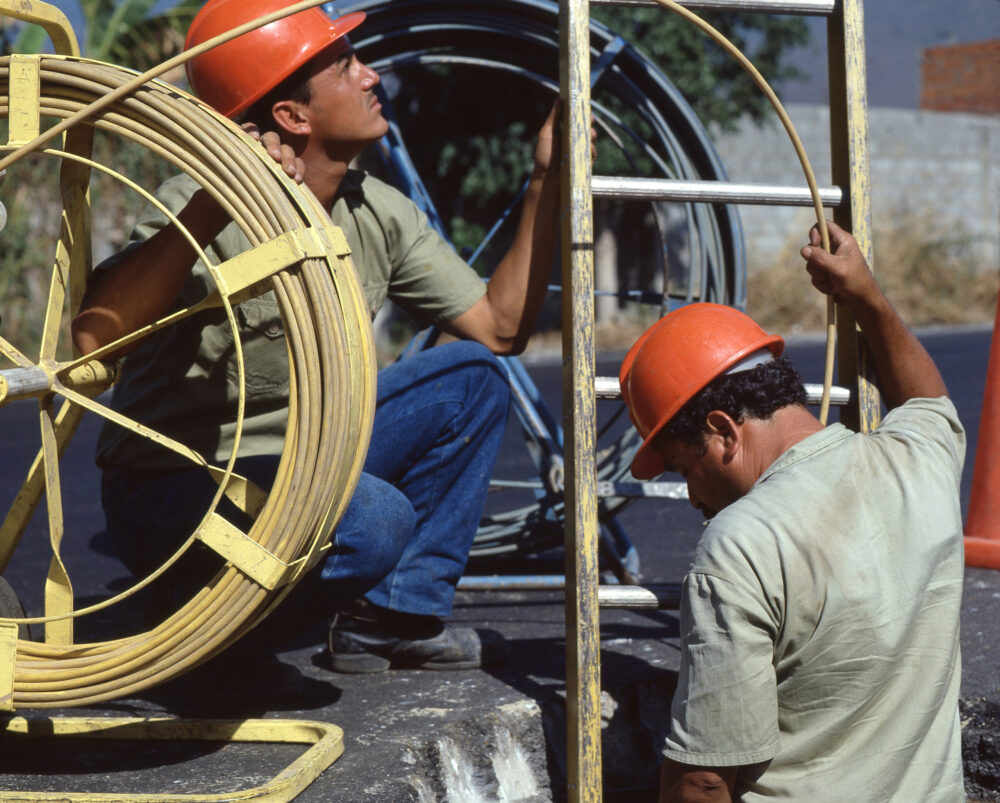
The Challenge
Across the City of Boulder, reliable, affordable and high-speed (broadband) internet connections were not universally available. Disparities in internet access have implications for economic opportunity (for example, through access to digital employment, health, and educational resources), and disproportionately affect lower-income communities of color. To address this, the City of Boulder set out to contract a fiber construction services firm to build 65 miles of fiber optic infrastructure, with specific equity goals it hoped to accomplish throughout all stages of the process.
The Project
With support from the GPL, the City of Boulder released a results-driven procurement and set out a model for using procurement more strategically in the future. In particular, project partners released a results-driven request for bids (RFB) for 65 miles of fiber network construction to improve broadband equity across the city and built capacity of Boulder city staff to apply results-driven contracting strategies more broadly through the creation of an accessible resource library.
The Innovation
While it is still early after the release of the broadband RFB, project partners have made progress towards equitably providing broadband access across the City of Boulder and developed a new set of results-driven procurement tools that can be applied more broadly to the city’s high-priority contracts.